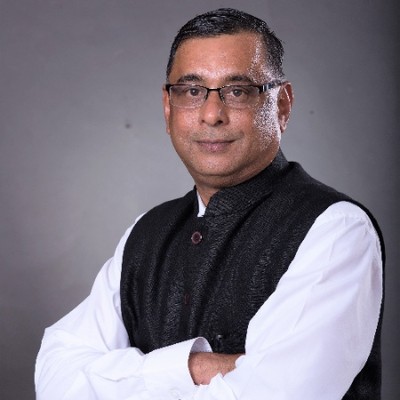Climate change is a global challenge that demands collective action and innovative solutions. As we stand at the forefront of transformative change, it becomes imperative to evaluate the progress made in climate action, particularly in the Global South. Climate action in the Global South is linked to the idea of climate and energy justice. Since most of the vulnerable population lives in countries in the Global South, the energy transition will not only be an environmental imperative but also moral and economic.
Achievements in Clean Energy Transition
Many countries in the Global South have already been on the path of achieving net zero objectives even before the target date. They have ambitious targets to reduce the carbon intensity of their economy. Data points for this are available publicly under the INDC declaration mandated by the Paris Climate Agreement, as well as on the government websites of countries in the Global South. Nations in the Global South are increasingly recognizing the potential of renewable energy sources to meet their energy needs sustainably. Solar, wind, hydro, and geothermal power have emerged as viable solutions, offering cleaner alternatives to traditional fuels. Initiatives like GEAPP have played a crucial role in facilitating this transition, fostering collaborations, and driving innovative financing mechanisms.
Addressing Energy Poverty and Promoting Economic Development
One of the remarkable achievements in climate action is the acknowledgement that clean energy is not just an environmental imperative but a driver of economic development. GEAPP’s commitment to accelerating energy access and a just energy transition aligns with this principle. By ensuring that clean energy reliably reaches remote communities, we unlock the potential for local economic development, innovation, and job creation. This approach addresses the interconnectedness of energy consumption and economic growth, particularly in the Global South.
Gaps and Barriers in Climate Action: The Financing Challenge
Despite the progress made, significant gaps persist, notably in financing the clean energy transition. As per the United Nations Framework Convention on Climate Change (UNFCCC)’s analysis, emerging economies require at least $6 trillion by 2030 to meet less than half of their existing Nationally Determined Contributions. The genuine difficulty lies in the fact that, according to an OECD estimate, the tangible movement of climate finance from developed to developing countries ranged from $21 billion to $83.3 billion in 2020. Many emerging economies struggle to secure the necessary funding to implement large-scale renewable energy projects. The gap in clean energy financing remains a critical challenge. It is imperative for the international community to channel resources effectively, ensuring that financial support reaches the countries that need it most. GEAPP’s initiatives in India, such as the partnership with MAHAPREIT, the Energy Transition Innovation Challenge (ENTICE), and alignment with the BESS Consortium, showcase tangible efforts to bridge the financing gap and drive systemic change.
Way Forward: A Call for Collaborative Action
Collaborative action involving governments, businesses, NGOs, and communities is crucial to co-create sustainable solutions. New instruments for climate financing such as blended finance strategies, grants, concessional loans, philanthropic capital support and credit-enhancement tools devised by GEAPP will act as a catalyst for countries of the Global South in their quest for clean energy systems. The commitment of the Global North to provide steadfast funding and technological support to the Global South will pave the way for a cleaner, more sustainable future. GEAPP is acting as a facilitator and the bridge between emerging economies and developed countries to build capacity as well as provide access to innovative solutions and tools to co-create sustainable solutions and a people-positive energy transition.
Source link : View Article
Author
-

Saurabh Kumar, Vice President for India, Global Energy Alliance for People and Planet (GEAPP). The GEAPP Team focuses on promoting sustainable energy solutions and climate resilience, particularly in developing regions. Their work highlights the progress and challenges faced by the Global South in implementing effective climate action strategies to address the impacts of climate change.



